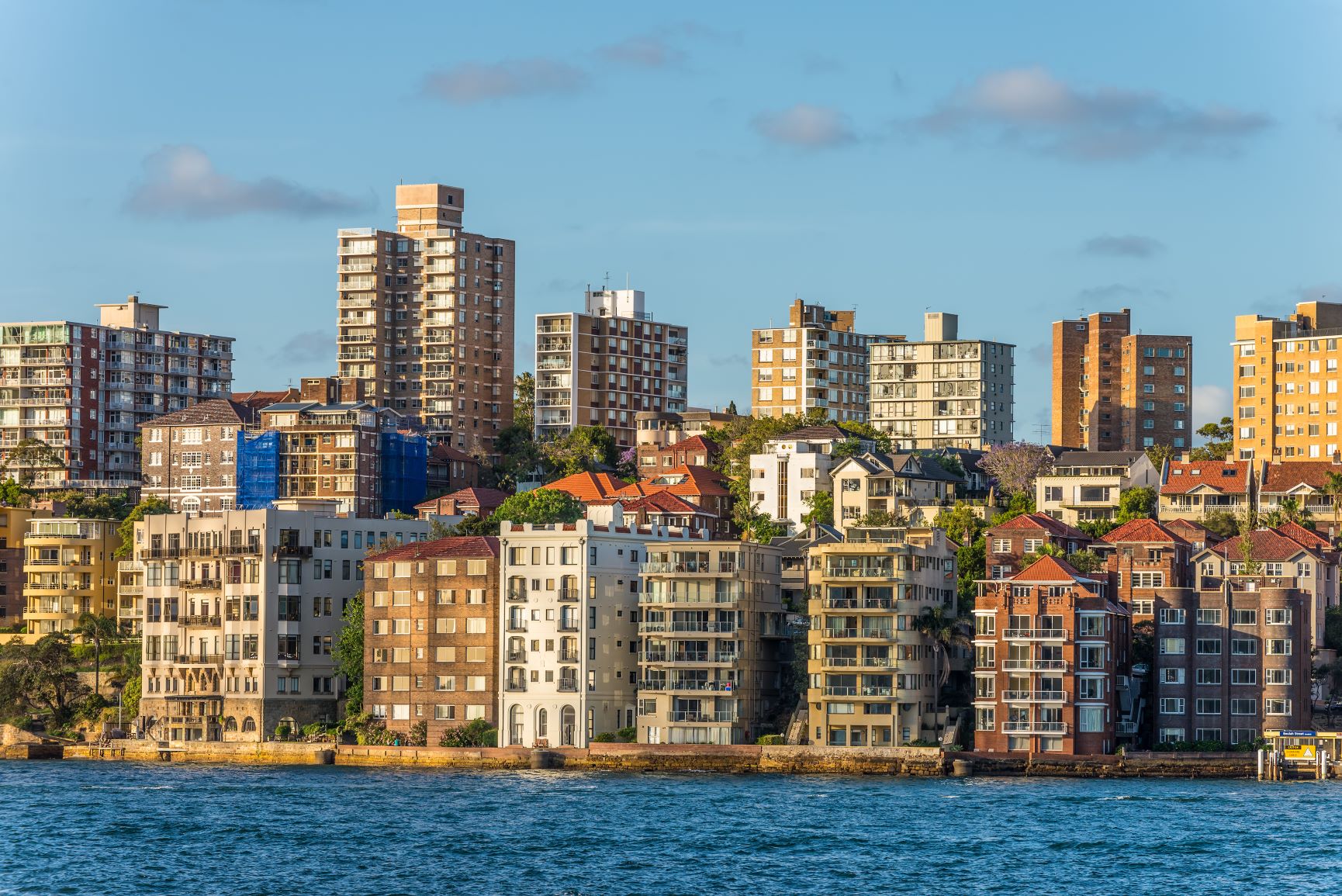During a weekend in San Francisco in 2008, when all of the hotels were sold out for a design conference, Brian Chesky and Joe Gebbia decided to rent out an air-mattress in their apartment on Rausch Street. It is unlikely that the person hosted by Brian and Joe that weekend had any idea that they were the first guest of what would become the global business known as Airbnb.
Since then, short-term rental accommodation has become increasingly popular, and has continued to show clear benefits for users on both sides: hosts derive an income from an under-utilised asset, accommodation is more affordable for guests, and all involved profit from an opportunity for cross-cultural exchange.
With this in mind, it is important to remember that short-term rental accommodation has also created certain complications.
Apartment owners, particularly in popular destinations, have reported that some short-term occupants have been causing a nuisance, leaving them to ponder what rights they might have.
Problems include a lack of control over who has access to the building, which creates security concerns. Other issues include wear and tear, deliberate property damage, noisy parties, and failure to comply with the building's by-laws.
Until recently, Owners Corporations had limited options for regulating short-term accommodation in their buildings, with the enforceability of bylaws prohibiting short-term accommodation being a legal grey area.
Owners corporations could approach their local council to enforce planning laws to restrict the practice, but with varying results.
While the COVID-19 pandemic has naturally dampened the demand for short-term accommodation from international travellers, new strata laws in New South Wales have sought to strike a balance for all participants.
What's Changed?
From 10 April 2020, thanks to the Fair Trading Amendment (Short-term Rental Accommodation) Act 2018 No 41, owners corporations have had the ability to adopt by-laws prohibiting short-term rental accommodation in strata schemes - although only where the lot is not the host's principal place of residence.
This means that if someone has a strata property as their principal place of residence, they will still be able to rent their home, or rooms within the home out - while they are either living there, or elsewhere temporarily.
How is it implemented?
Any such by-law will need to be adopted by special resolution, with at least 75% of votes supporting the proposal at a general meeting.
The NSW Government Office of Fair Trading suggests that before adopting a new by-law to limit short-term rental accommodation, owners corporations will need to work with owners and residents to manage the transition for any pre-existing rental bookings, or for guests staying in the building at the time of the by-law being made. If not, it is possible that when the by-law starts, a guest could be staying in a lot and the lot owner could be in immediate breach of the by-law.
An option for owners corporations with respect to the drafting of a by-law could be to allow any existing arrangements at the time of the start of the by-law to be completed. Alternatively, the by-law could state that it comes into force at a future date, to give lot owners and residents time to adjust to the change.
Holman Webb's Property team regularly assists owners corporations and their strata managing agents with such issues. If you would like to speak with a member of our team in relation to any of the information in this article, or a matter of your own - please don't hesitate to get in touch today.


